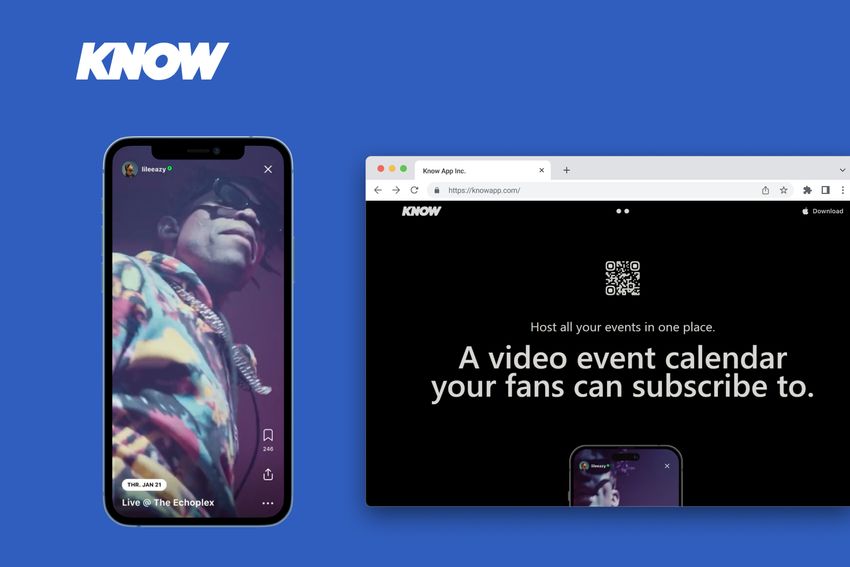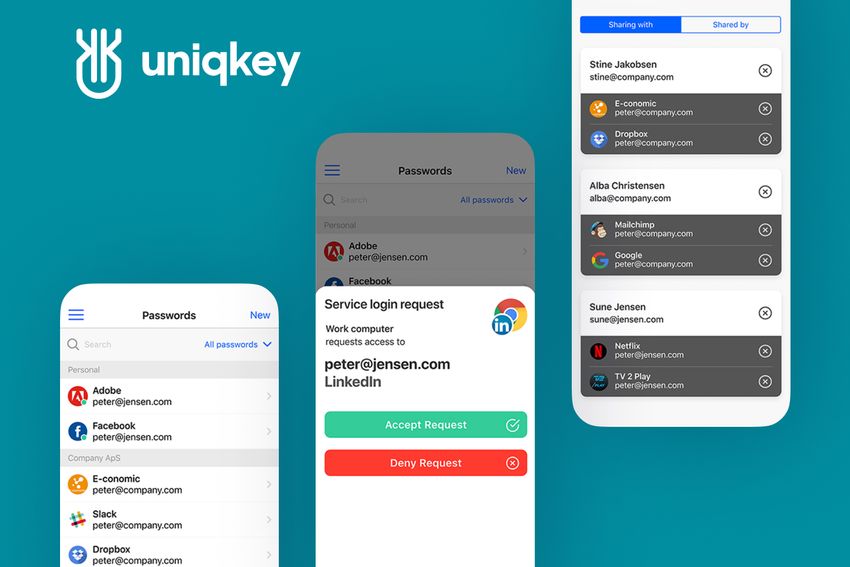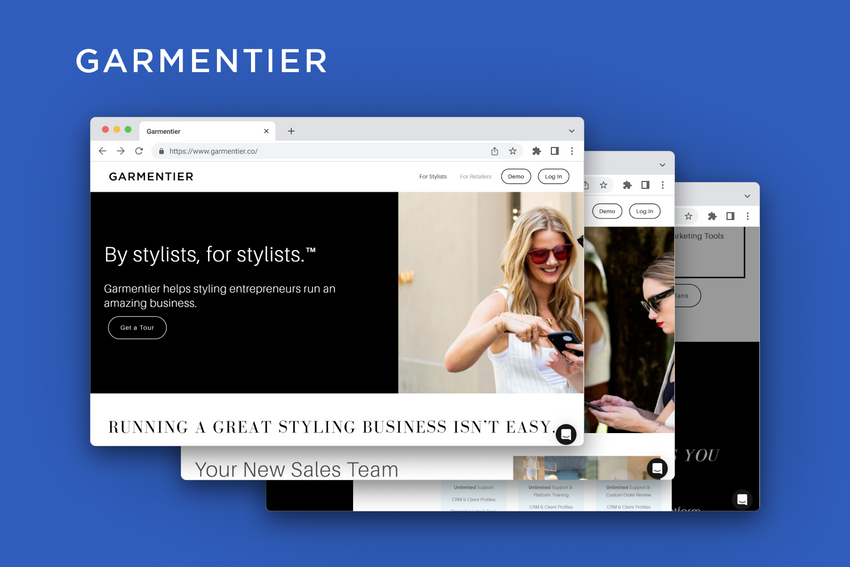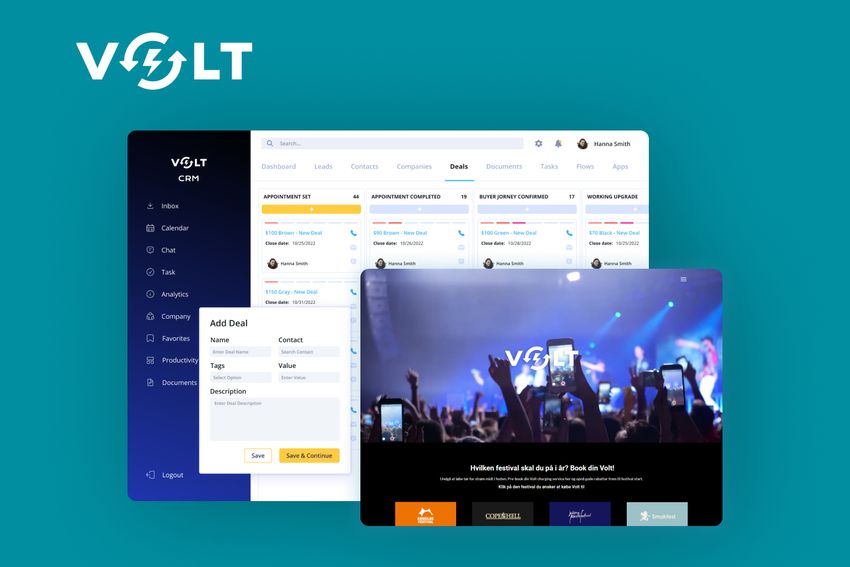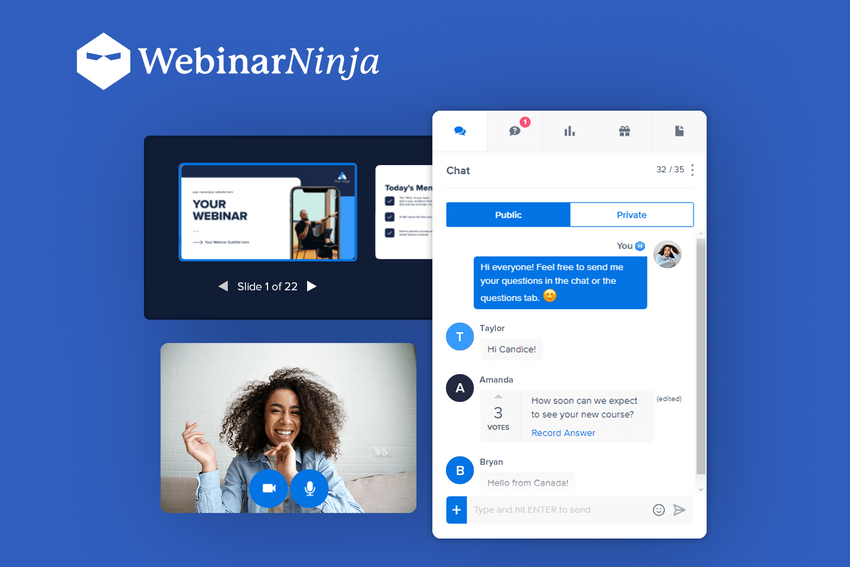Hiring Developers for a Startup in 2026: What No One Tells You (But Should)
A complete guide on how to hire the right developers for your startup in 2026, choose the best hiring model, and manage remote teams to bring high-impact digital products to life.
You’ve got the vision, the pitch deck, maybe even some seed money — but without the right developers, your startup is going nowhere fast. In 2026, the game of hiring developers for a startup is faster, fiercer, and more global than ever. Between AI tools, remote development teams, and skyrocketing talent costs, building your dream product team takes more than job posts and wishful thinking.
In this guide, we’ll break down what actually works, what to avoid, and how to find developers who don’t just code, but ship, scale, and stick around. Here we go!
Key Challenges to Hire Startup Developers
Hiring a developer for a startup in 2026 sounds exciting — until you actually start. Here's what you’re really up against:
1. Scarce Pool of Qualified Experts
The global tech talent shortage hasn’t disappeared — in fact, it’s getting more selective. According to IDC, a global market intelligence firm, the US market will experience a massive shortfall of 4 million programmers by 2026.
Startups need devs who can build fast, work autonomously, and wear multiple hats — qualities that aren’t common even among mid-level developers. Finding someone who writes clean code and understands product-market fit and user experience? That’s gold.
2. Intense Competition for Talent
You're not just fighting for talent against other bootstrapped founders—you’re up against Google, Meta, and hundreds of well-funded scaleups offering six-figure salaries, stock options, and remote work with perks. Platforms like Toptal, Upwork, Lemon.io, and Arc.dev connect you with pre-vetted freelance developers and contractors.
If your startup can’t compete on salary, you need to offer something just as meaningful, like real equity, creative freedom, and mission-driven work.
3. Rapidly Evolving Industry Standards
The tech stack you choose in January might be outdated by summer. New tools like AI pair programming (GitHub Copilot, Cody), edge-first platforms like Bun or Deno, and rapidly evolving frameworks like Next.js 15 or Flutter 3 make it hard to keep up.
Hiring someone who only knows yesterday’s tools can cost you agility, scalability, and investor confidence. In a world where first-to-market often wins, staying modern is non-negotiable.
4. Tight Hiring Deadlines
How to find a developer for your startup when time is the most expensive currency? A delay in hiring startup developers can mean pushing back your MVP, missing a funding round, or losing your first-mover advantage. But fast hiring often leads to bad hiring.
According to Harvard Business Review, 80% of employee turnover is due to bad hiring decisions, and for startups, a single bad hire can kill momentum. Founders often juggle recruiting with 10 other responsibilities, which makes sourcing, vetting, and onboarding even harder.
5. Remote Work Challenges
Remote work is now the norm, but it’s not without friction. Time zone mismatches, inconsistent communication, cultural misalignment, and lack of face-to-face problem-solving can all slow progress.
According to Buffer’s 2023 State of Remote Work report, 45% of remote workers struggle with loneliness and collaboration, while 38% cite communication issues as their top challenge. Without clear workflows, documented processes, and a culture of ownership, remote software development can go sideways — fast.
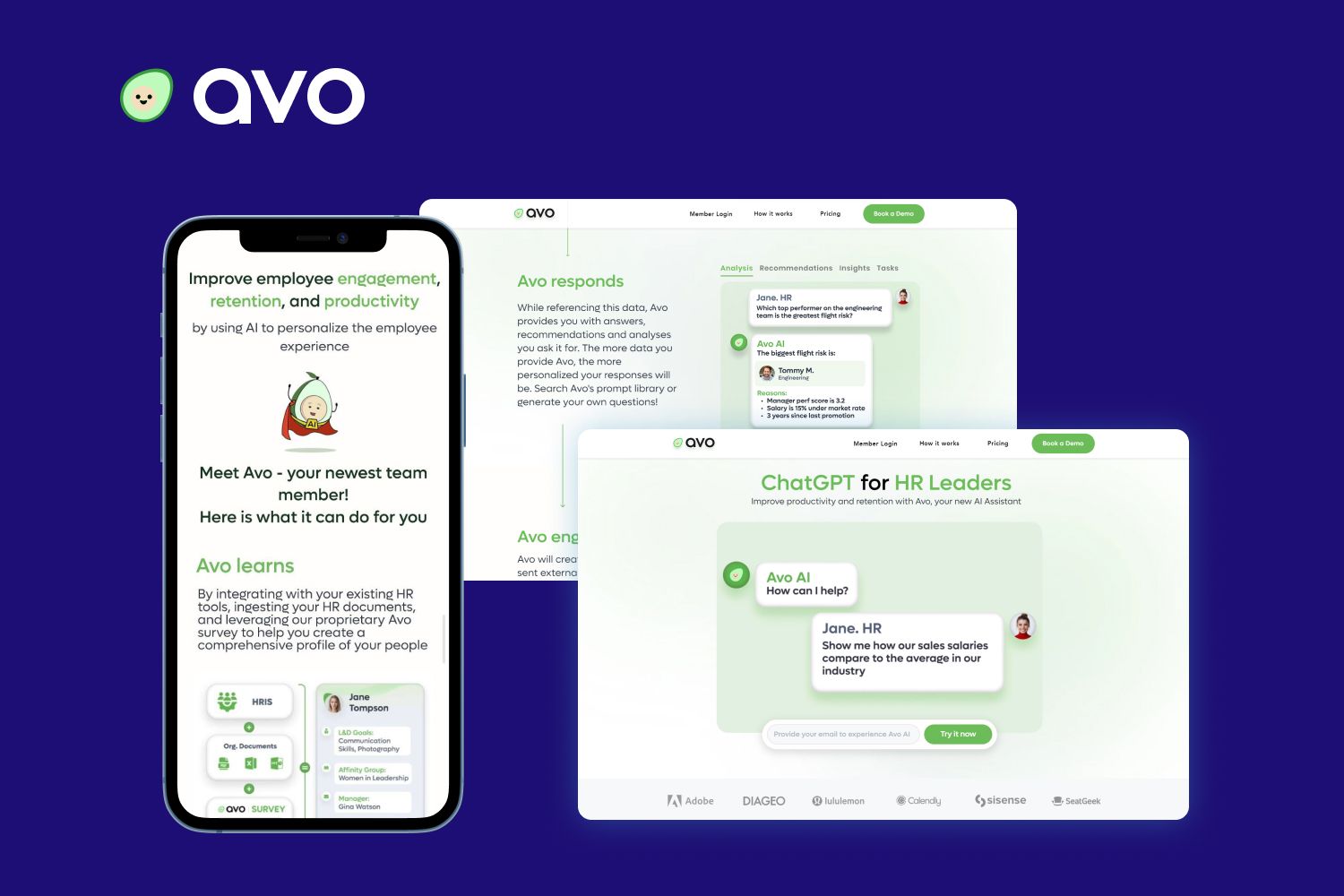
Models to Hire Developers for Your Startup
In 2026, startups have more flexibility than ever in how they build their product teams, but with flexibility comes the challenge of choosing the right model. Here's a breakdown of the two main approaches: in-house employment and outsourcing (team augmentation or dedicated team).
In-House Employment
Hiring full-time developers to join your startup developers team can be a game-changer if you're ready for the commitment.
Pros:
✅ Full control over the product and team culture
✅ Faster decision-making and communication
✅ Stronger long-term alignment with the company vision
✅ Builds core technical expertise inside your startup
Cons:
❌ High cost—salaries, benefits, equipment, etc.
❌ Longer and riskier hiring process
❌ Harder to scale up or down quickly
❌ Limited access to niche expertise unless you hire many specialists
📌 Best for: funded startups looking to build a strong internal team and retain full ownership over the tech roadmap.
Outsourcing (Team Augmentation or Dedicated Team)
Outsourcing lets you tap into global talent without the overhead. Whether you're adding a few devs to your current team (staff augmentation) or hiring an entire squad (dedicated team) of developers for your startup, it's all about scaling fast.
Pros:
✅ Access to global talent at competitive rates
✅ Faster hiring and onboarding
✅ Flexible scaling based on workload
✅ No long-term HR or admin overhead
Cons:
❌ Possible timezone, communication, and cultural gaps
❌ Less control over daily workflows (depending on the setup)
❌ Risk of misalignment if goals and processes aren’t clearly defined
❌ IP and security considerations require careful handling
📌 Best for: startups that need to move fast, test ideas, or extend their team without committing to long-term hires.
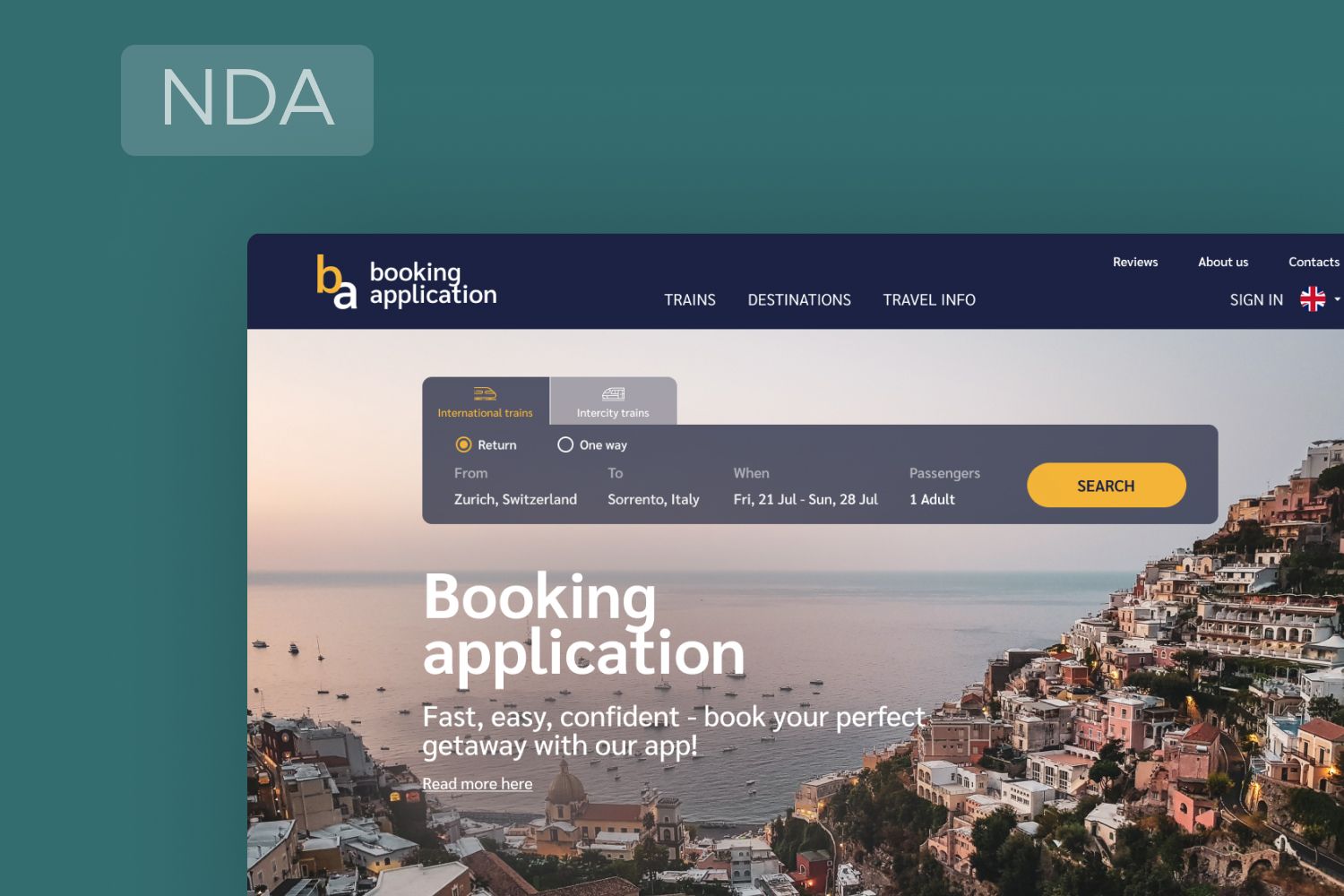
Benefits of Hiring Remote Developers for Startups
Remote work isn't just a post-pandemic trend—it’s a strategic advantage, especially for startups looking to move fast and stay lean. Here’s why hiring remote developers in 2026 just makes sense:
Access to Top Global Talent
You're no longer limited to local candidates or high-cost tech hubs. Hiring remotely gives you access to world-class developers across time zones, languages, and specializations, meaning you can find the right fit, not just the closest one.
Building a Diverse and Experienced Team
Remote teams naturally bring in startup developers from different cultures, backgrounds, and experiences. This diversity drives better problem-solving, more creative thinking, and products that appeal to a wider audience, especially important for startups building global-first products.
Lower Overhead Costs
Office space? Gone. Commuter perks? Not needed. Remote developers hiring slashes your operational expenses—especially if you’re tapping into lower-cost regions—without sacrificing quality. More money for growth, less for rent.
Increased Employee Retention
Developers value flexibility, autonomy, and work-life balance—exactly what remote work delivers. Startups that offer remote roles tend to see higher retention rates because devs can design their workday around their life, not the other way around.
Faster Recruitment
No more waiting for relocation, visa approvals, or long notice periods. When you hire remote developers, it can shorten the hiring cycle drastically, so you can get devs on board and shipping code in weeks, not months.
Flexibility
Need to scale your team for a big sprint? Downsize temporarily during a quiet period? Remote teams are easier to scale up or down based on your startup’s real-time needs. No painful restructuring or office reshuffles.
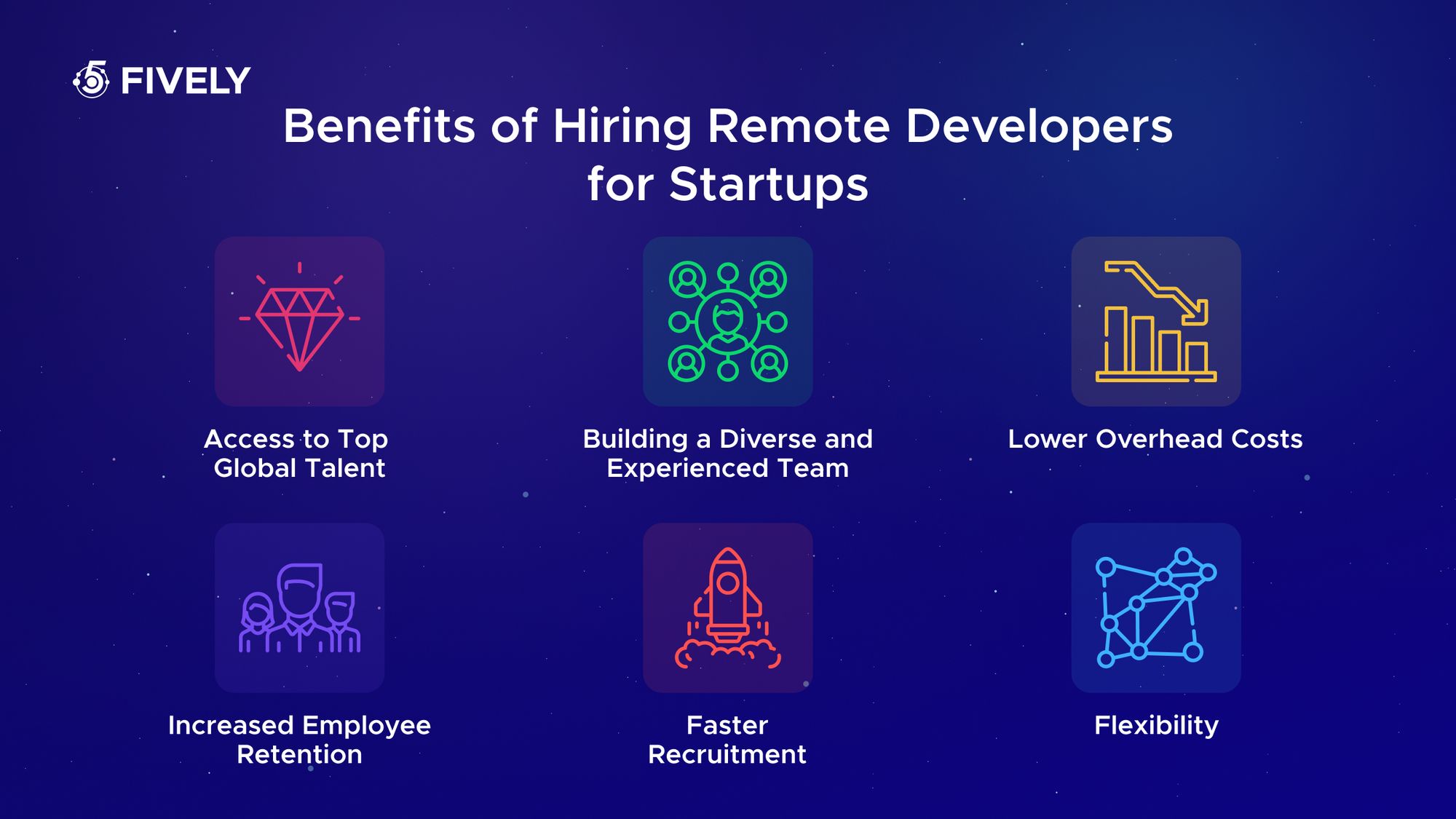
5 Steps to Hire a Developer for a Startup
Hiring the right devs isn’t just about tech skills—it’s about building a team that aligns with your goals, adapts fast, and delivers under pressure. Here’s a step-by-step game plan:
1. Specify Your Business Needs
Before you post a single job ad or browse a talent marketplace, get crystal clear on what you’re building.
- Is this an MVP, a full product, or a proof of concept?
- Do you need mobile, web, backend, or full-stack skills?
- How complex is your tech stack?
Having clear answers here helps you scope roles, plan timelines, and avoid hiring the wrong person for the wrong job.
2. Determine the Employment Model
In-house or outsourced? Freelancer or full-time? Remote or hybrid?
Decide which hiring model fits your budget, timeline, and long-term goals (we broke this down earlier).
Foe example, if you’re on the MVP stage, go lean with contractors or a dedicated team; if you’re scaling post-funding, then start building your in-house core.
3. Select the Country to Source Talent From
Looking for cost efficiency and quality? Eastern Europe, Latin America, and Southeast Asia are remote hiring hotspots in 2026. Also, when looking for a country to source talent from, please consider:
- Time zone overlap
- Communication style
- English proficiency
- Local rates
The right region can save you up to 40–60% in hiring costs without compromising on skill.
4. Identify Qualified Specialists
Now it’s time to find your people. Always check portfolio, communication skills, and ability to work in startup mode (speed + autonomy). Use trusted platforms like:
- Clutch / GoodFirms for vetted software development partners
- Toptal / Arc / Lemon.io for freelance rockstars
- LinkedIn / GitHub / Dev.to for direct outreach
5. Validate Skills and Experience
We recommend you look for devs who ask you sharp questions. Curiosity = commitment. Also:
- Don't just trust a resume — test it.
- Do a tech interview or pair programming session
- Give a small paid trial task
- Ask about past experience with startups, MVPs, or pivot-heavy projects
Where to Hire Developers for a Startup
Knowing who you need is only half the battle. Now let’s talk about where to find them. In 2026, the best devs aren’t just sitting on job boards — they’re building, sharing, and collaborating in the wild. Here’s where to look:
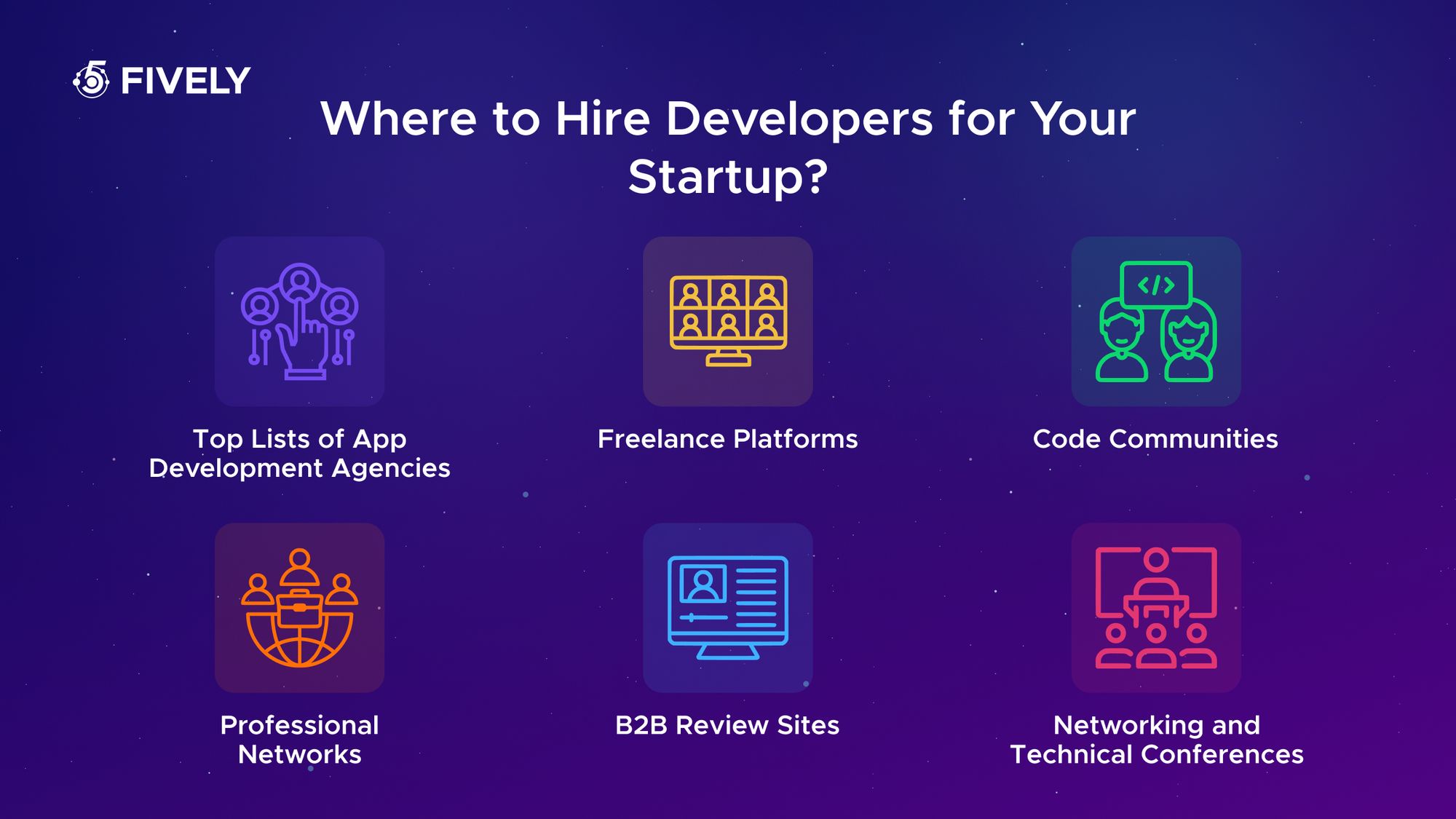
Leverage Top Lists of App Software Development Agencies
Sites like Clutch, GoodFirms, and Techreviewer regularly publish rankings of top dev agencies by region, expertise, and client feedback. Perfect if you’re looking for a reliable, ready-to-go team that already knows how to build, scale, and ship fast.
We recommend filtering by industries or technologies relevant to your project for the best matches.
Freelance Platforms
Platforms like Toptal, Upwork, Lemon.io, and Arc.dev connect you with pre-vetted freelance developers and contractors. These are goldmines when you need quick, flexible talent for MVPs, one-off features, or experiments. Just make sure to vet for startup mindset—not just skills.
Code Communities
Want real tech talent? Go where the devs hang out:
- GitHub – Check contributors to open-source projects in your tech stack.
- Stack Overflow – High-rep devs here are often sharp and active.
- Dev.to – A great place to find passionate devs writing about the exact tools you need.
Outreach here takes more effort, but can land you devs who truly care about craft.
Professional Networks
LinkedIn is still the heavyweight here. Use advanced filters to narrow by skills, location, and experience, or post to relevant groups. Also, you can ask your own network for referrals — good devs often know other good devs.
B2B Review Sites
Platforms like G2, DesignRush, and ITFirms offer verified client reviews, case studies, and rankings. If you're not ready to manage individual freelancers, a review-backed agency is often the fastest and safest bet.
Networking and Technical Conferences
Conferences (IRL or virtual) are prime for meeting devs who are actively learning and engaging with the latest trends. Look out for:
- Web Summit
- JSConf / React Summit / Flutter Global Summit
- Local hackathons & meetups
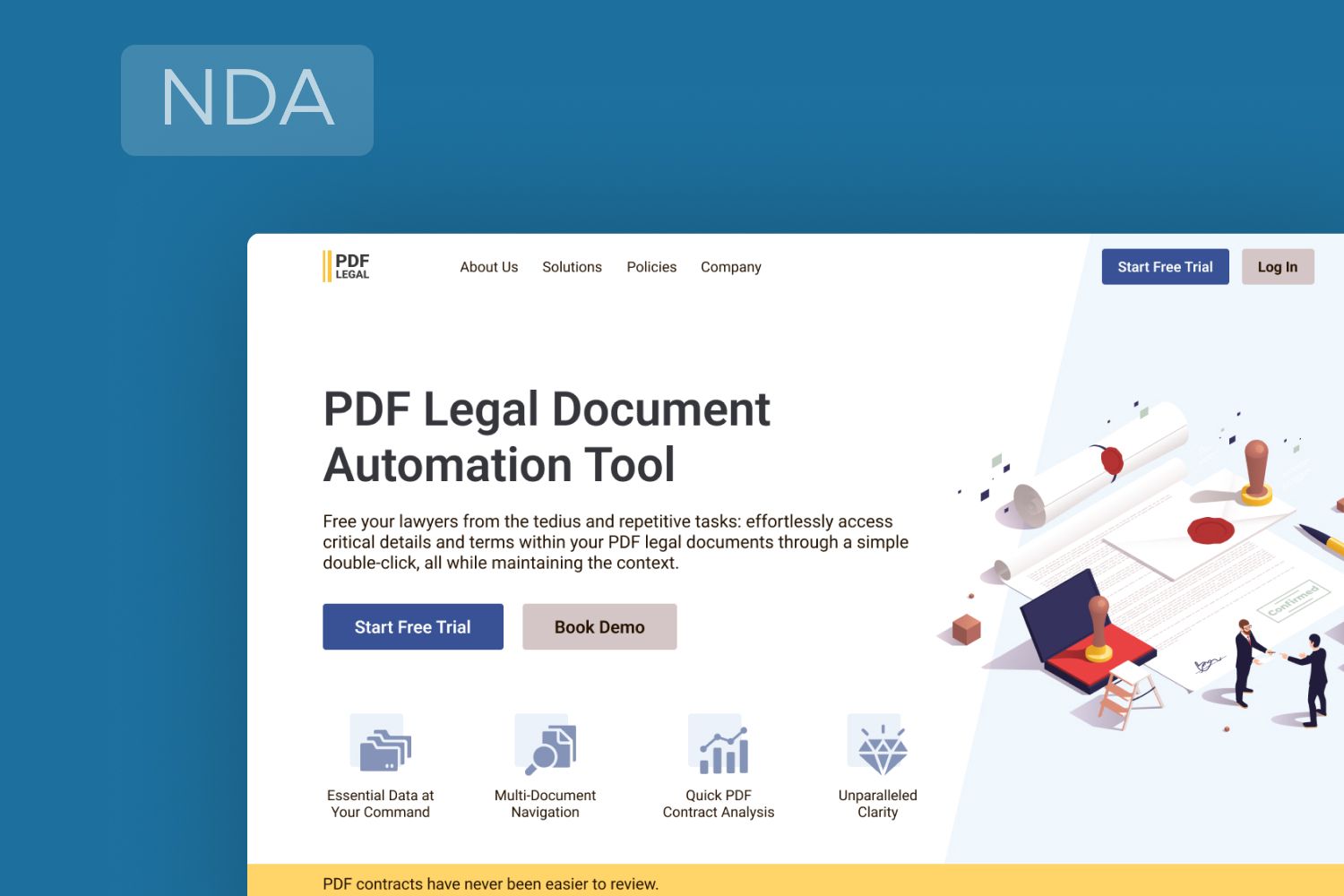
How Much Does It Cost to Hire a Software Developer for a Startup?
Let’s talk numbers — because building a killer product means budgeting smart from day one. Developer salaries and rates vary wildly depending on location, experience, and hiring model (freelance, in-house, or outsourced). Here's what to expect in 2026:
💡 Note: Rates for specialized skills (e.g., AI, blockchain) or niche frameworks can be significantly higher, even in low-cost regions.
Keep in mind: senior devs may cost more upfront but often deliver faster, cleaner, and more scalable code, saving you thousands in rework later.
Also, startups often combine models — e.g., freelance for MVP, dedicated team for scaling, in-house for core product dev.
Hiring Software Developers: Best Practices
Hiring the right developers for a startup isn't just about where you look — it's how you engage. In the fast-paced world of startups, a few smart habits can mean the difference between landing a game-changer and losing it to your competition.
Never Miss a Chance to Network
Your next hire might be sitting at a meetup, lurking in a Slack channel, or replying to someone’s GitHub issue. Founders who actively network—online and offline—tend to find better culture fits and long-term collaborators. Also, try to talk about your startup as often as you can. Talent is attracted to passion.
Leverage Social Media for Recruitment
Don’t just post job listings—tell your story. Use platforms like LinkedIn, Twitter, and even Instagram to share your startup journey, challenges, and wins. This builds visibility and attracts devs who resonate with your mission. In 2026, authentic founder presence = magnetic hiring.
Prioritize Soft Skills
Tech skills matter—but in a startup, communication, adaptability, and ownership are what keep the ship afloat. A great developer who can’t handle ambiguity or give/receive feedback might slow you down more than you think.
Respond Quickly
Top-tier devs are in high demand and move fast. If someone impressive hits your inbox, act immediately. A delay of even 3–5 days can cost you a great hire, because someone else will make a faster move.
How Fively Helps Startups With Their Software Development Needs?
Hiring developers for a startup is more than filling seats — it’s about building a team that can move fast, adapt constantly, and turn your product vision into real-world impact. From choosing the right hiring model to finding top-tier global talent, every decision matters.
At Fively, we help startups skip the hiring stress and jump straight into building. Whether you need a single expert to plug into your team or a full product squad ready to go, we deliver vetted, experienced developers who know how to ship quality software fast. We’ve helped dozens of early-stage companies go from sketch to scale—and we’re ready to do the same for you.
Here’s a small part of what we bring to the table:
💻 Modern Web App Development – smart, responsive, and built to scale
☁️ SaaS & Cloud Solutions – architecture, automation, and multi-tenant platforms
🤖 AI-Powered Solutions – smart integrations, ML workflows, and GPT-based assistants
👜 eCommerce Expert Solutions - marketplaces, web stores, CRMs, Shopify websites, etc.;
🏥 Deep Industry Experience – from healthcare and fintech to edtech and retail
Whether you need to prototype fast, scale confidently, or bring a vision to life under tight timelines, we’ve got the technical skills and startup mindset to make it happen.
Need a tech partner that speaks startup? Let’s build something great together!
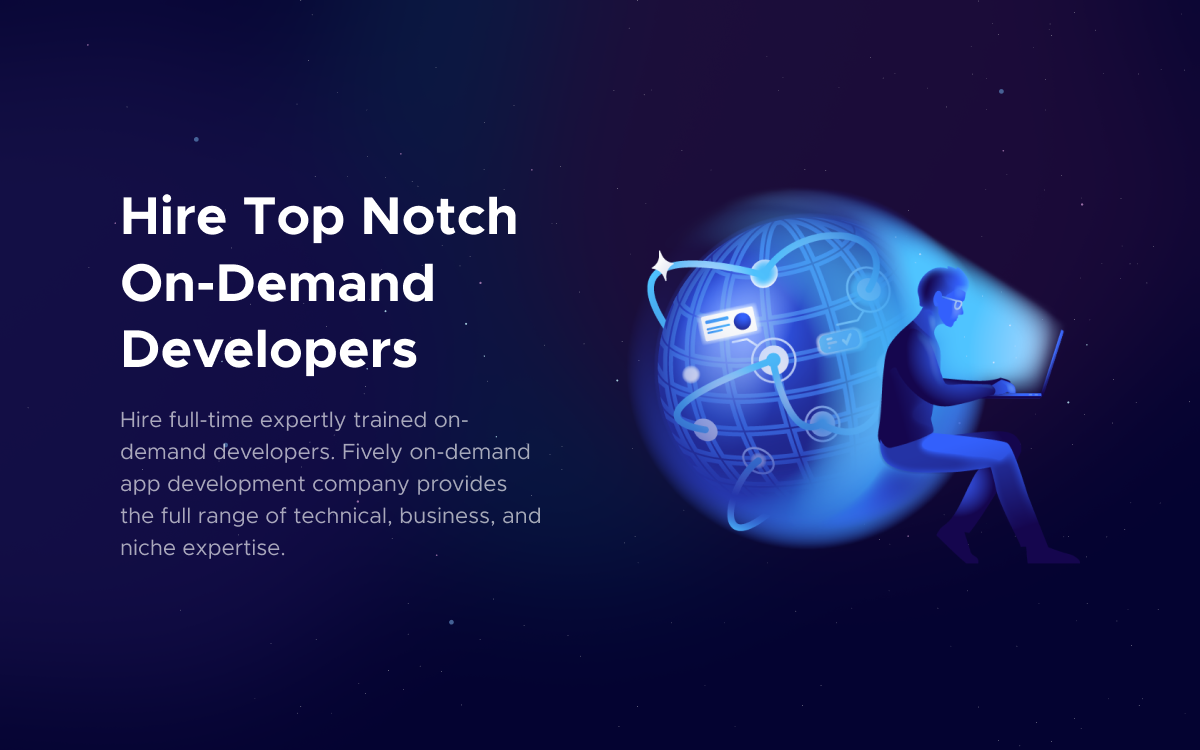
Need Help With A Project?
Drop us a line, let’s arrange a discussion




